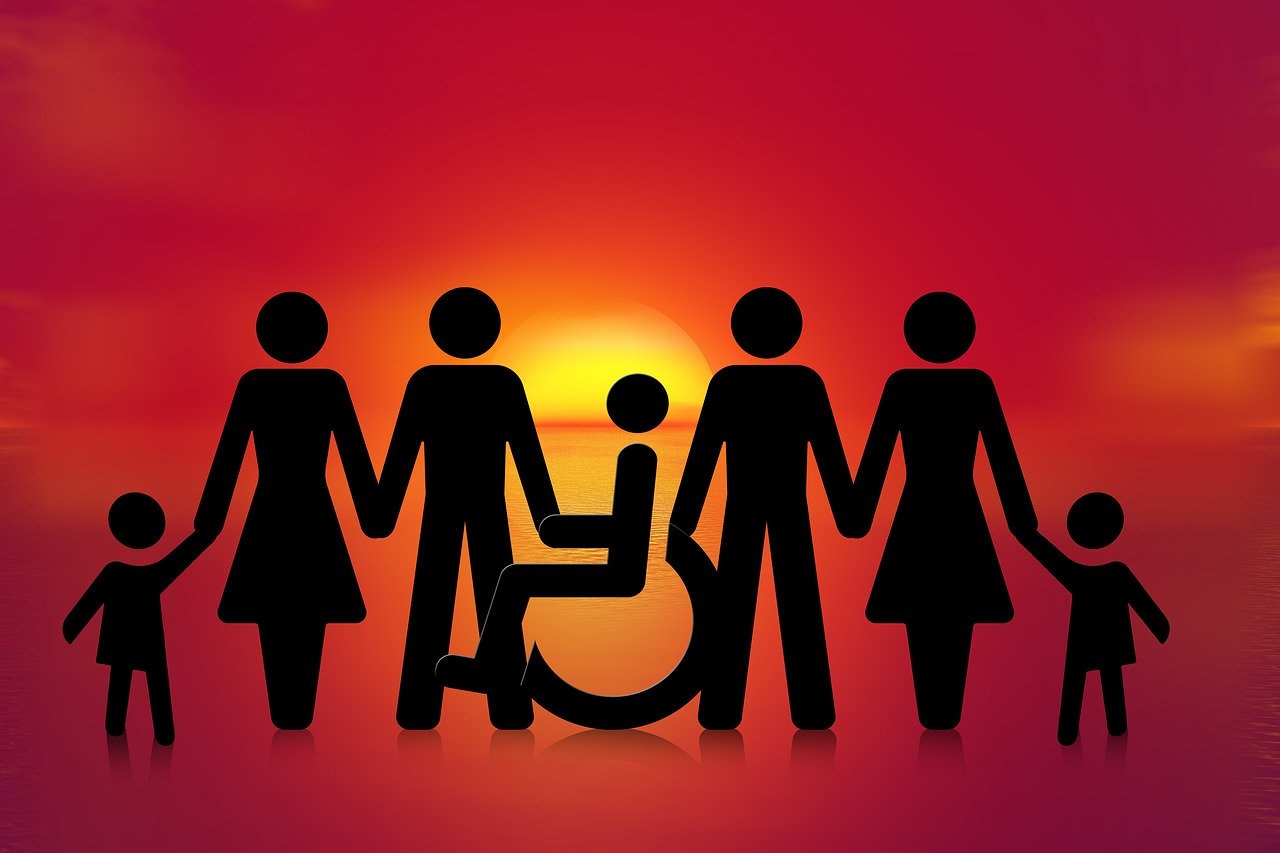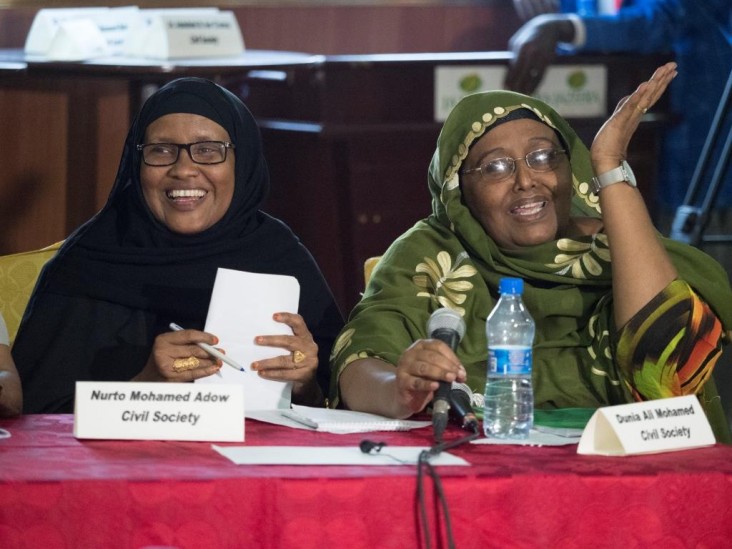
2020 has become a year to forget. Coronavirus is a pandemic that has affected everyone globally. Our government has encouraged South Africas to stay at home and distance themselves from others to help reduce the spread of the virus.

2020 has become a year to forget. Coronavirus is a pandemic that has affected everyone globally. Our government has encouraged South Africas to stay at home and distance themselves from others to help reduce the spread of the virus.
Many LGBTQI community members live under a cloud of stress and fear, they experience barriers to economic and social inclusion related to structural inequality and social stigma along multiple axes. According to research, over 60% of the LGBTQ community deals with some form of mental health illness.


Individuals and families dealing with mental health illness often have a sense of despair and isolation. Over 17 million people in South Africa suffer from a number of mental health illnesses, impacting many more millions across families and communities. Today, however, the exponential emergence of online communities, many levels of support become available.

Living with a disabled child can be very daunting for parents, many feel isolated and that nobody really understands the pressures of dealing with their child on a day-to-day basis. Their isolation is often due to a lack of support or connections to programmes in society that offer assistance.
Organisations, multi-sectoral stakeholder groups, crisis committees, sales teams, NGOs and support teams around the world – have been caught with their proverbial pants down.

South African politics seems to be paving the way to improve gender equality. In his announcement of the newly elected cabinet, President Cyril Ramaphosa revealed a 50/50 gender split.

The role of civil society in Somalia’s reconstruction: achievements, challenges and opportunities

The Nigeria Civil Society Situation Room (Situation Room) was set-up in 2010, ahead of the 2011 general elections in response to the need to enhance civil society coordination and ensure constructive and proactive engagement of the election process. The Situation Room emerged to maximize the various resources of civil society groups for information sharing, anticipating problems during elections and responding rapidly when they occur.
